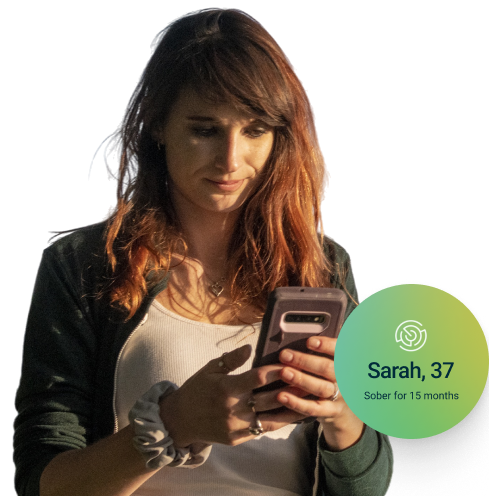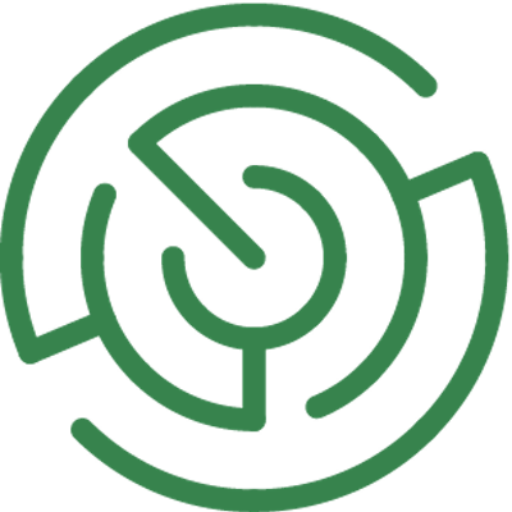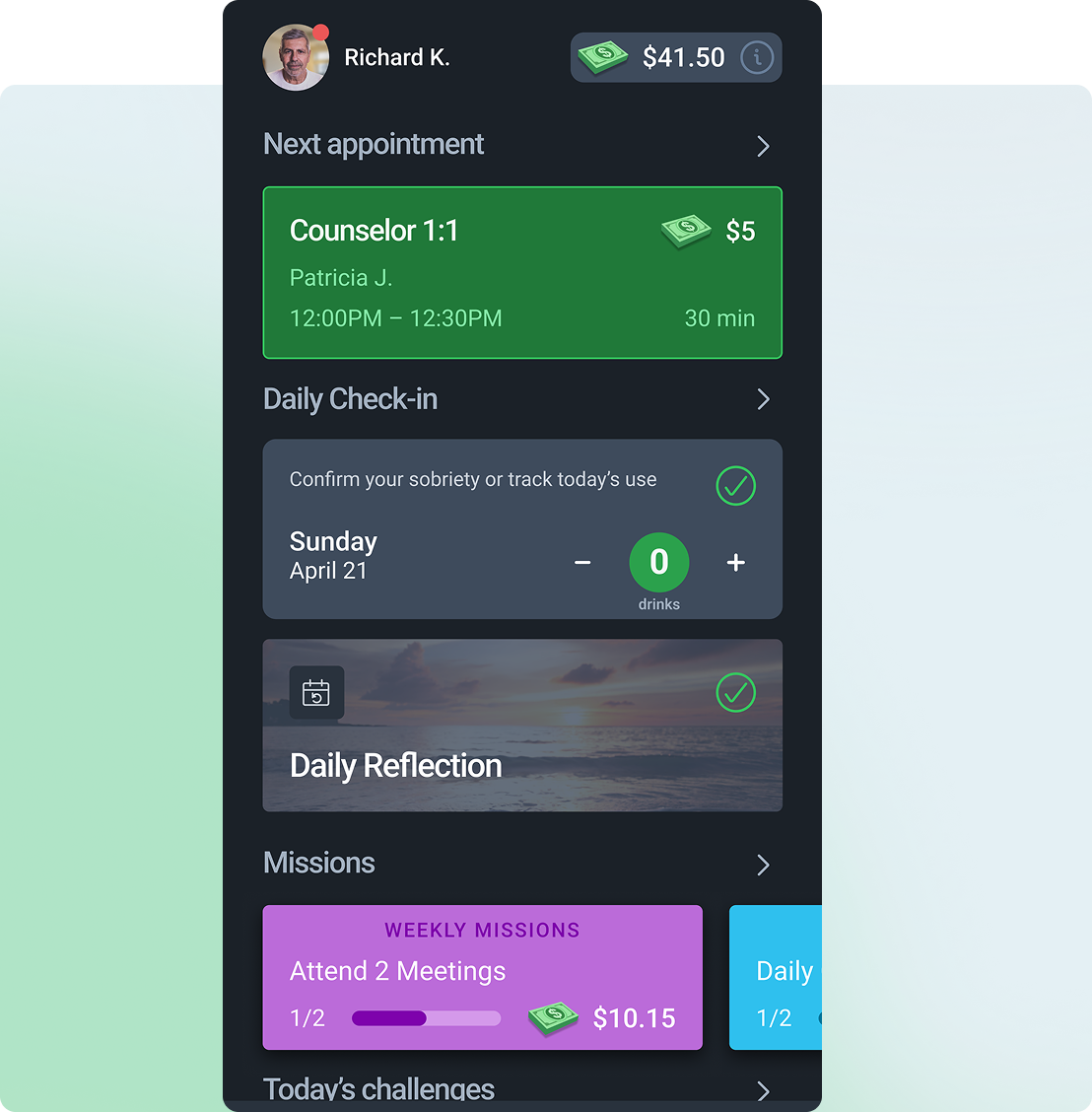How to stop using marijuana
Affect’s online treatment can help you get control of your marijuana use.
Our mental health and addiction care is covered by insurance. For 90% of our members, treatment is entirely free.
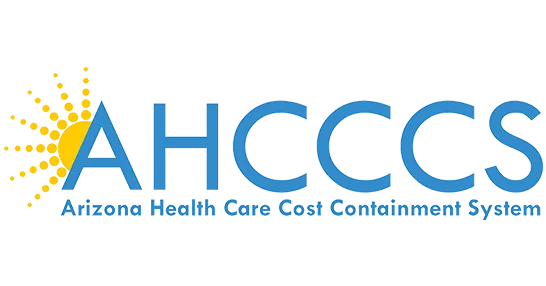
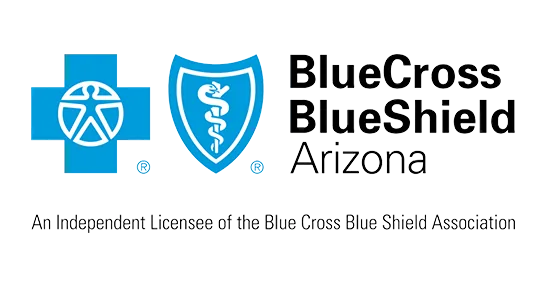



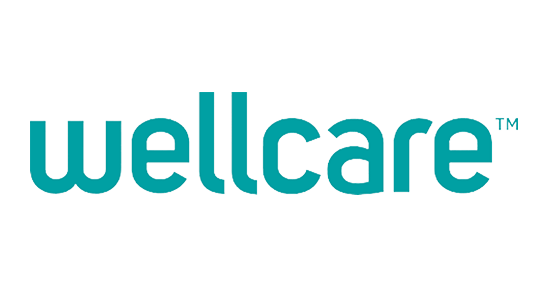
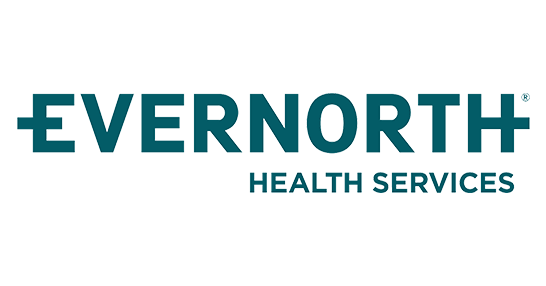
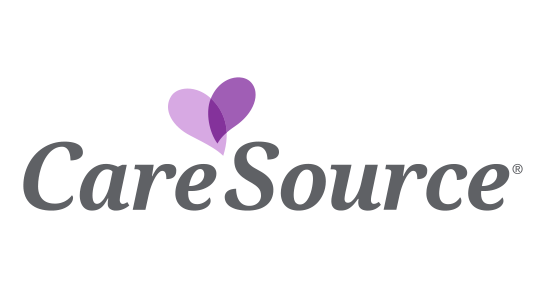

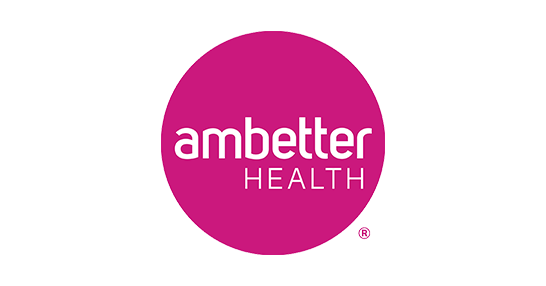



You can beat cannabis addiction without going to rehab
Struggling to cut back on weed?
If you’re using more than you want to, skipping responsibilities, or noticing problems with memory, focus, or mental health—but still can’t stop—you may have marijuana use disorder.
Affect can help.
Our app-based program offers therapy, medical support, and real strategies to manage cravings. What sets us apart is how we keep you motivated: through a science-backed method called contingency management, you earn real rewards for hitting recovery goals.
You’ll work with a caring team of counselors, medical providers, and advocates—all via secure video and in-app tools. It’s private, flexible, and built to fit your life. Affect is over twice as effective as traditional treatment and designed to help you take back control.
Common questions about cannabis use disorder
Entirely Private, Fully Digital, and Always Available
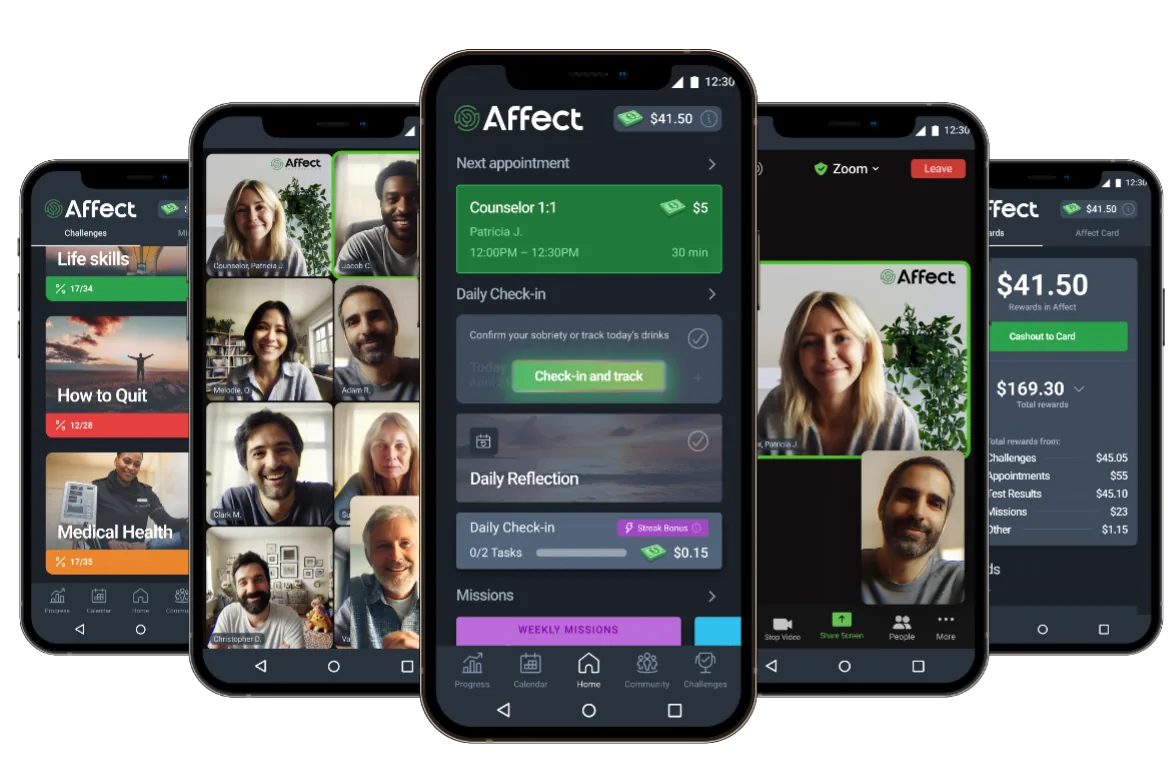
Your entire treatment program—counseling, doctor visits, peer support—is delivered through our secure mobile app. Attend sessions from anywhere, with no travel required.
Meet privately with licensed therapists and doctors via video, and message your care team anytime between sessions to stay connected and supported.
Our unique, science-backed rewards system helps you stay motivated and focused, with up to $599 in incentives for progressing in treatment and building new healthy habits.
Our medical team can prescribe medications, if needed, to manage mental health symptoms, withdrawal, or cravings—discreetly and safely through the app.
Build healthy habits with guided daily tasks and interactive lessons. Track your goals, log your daily use and sobriety, and watch your growth add up.
From finding a job to securing housing or reducing bills, your care team helps improve every part of your life—not just your recovery.

“Affect has shown me a caring side that I never had for myself. It has made me rise as an individual and I have uplifted my courage, bravery, and willpower to obtain my sobriety. Not only did I find myself, but I also found friends in counseling. By friends, I mean someone who really believes in you when others won’t. This program is amazing and works.”
Stella
I’ve learned how to love myself and to forgive myself. I’ve mastered boundaries. I’m no longer uneasy living alone.
Group and counselor support is the best. Life has improved because I learned it’s never too much trouble to take care of myself.
I’ve been able to focus on things that are important in my life, including my children. That it’s the best thing that could ever have happened to them, and to me.
Support That Goes Beyond Treatment
Getting healthier is just the start. Need help with housing, job hunting, healthcare, or financial aid? We’ve got your back.
